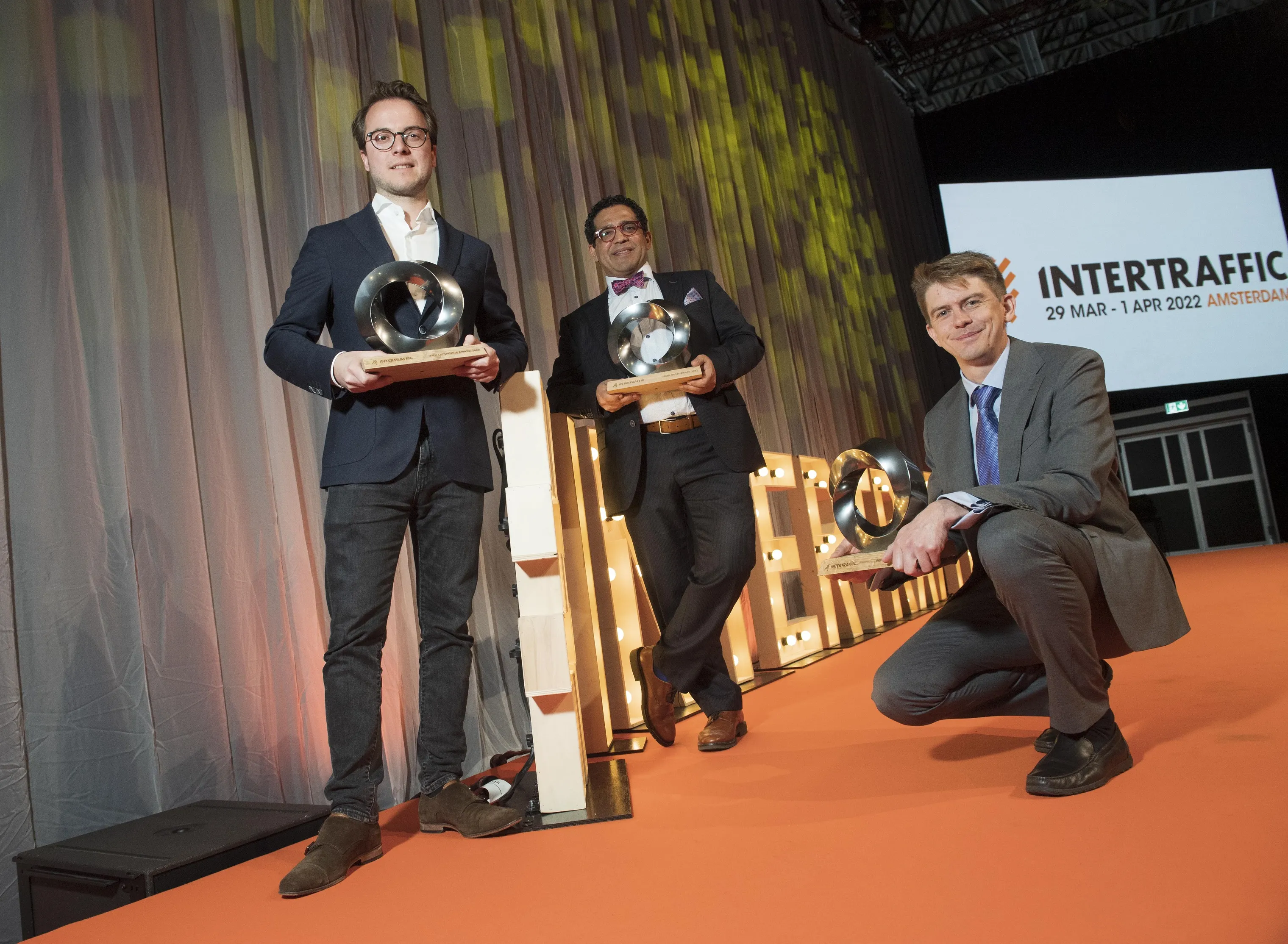The city of Moscow has been awarded the International Transport Forum (ITF) 2016 Transport Achievement Award for its exemplary approach to improving traffic conditions in the Russian capital.
Following twenty years of almost uncontrolled development of urban traffic, Moscow introduced a rigorous and comprehensive set of policies to address the gridlock on its streets. These included paid car parking, development of public transport, ticketing, car sharing and taxi reform, development of cycling and envi
May 19, 2016
Read time: 2 mins
The city of Moscow has been awarded the 998 International Transport Forum (ITF) 2016 Transport Achievement Award for its exemplary approach to improving traffic conditions in the Russian capital.
Following twenty years of almost uncontrolled development of urban traffic, Moscow introduced a rigorous and comprehensive set of policies to address the gridlock on its streets. These included paid car parking, development of public transport, ticketing, car sharing and taxi reform, development of cycling and environmental requirements for trucks.
Over the past five years, these measures have reduced the number of cars in central Moscow by 25 per cent and increased the average speed of traffic by 12 per cent, despite 600 new cars being registered in the city each day.
In 2013, Moscow traffic was ranked as worst in the world by the1692 TomTom Traffic Index; the 2016 edition has moved it to fifth place.
The ITF jury recognised the “impressive achievement in improving overall traffic in Moscow.” In particular, the jurors highlighted “the effectiveness of coherent, coordinated initiatives and policy actions that facilitated this remarkable change.”
Following twenty years of almost uncontrolled development of urban traffic, Moscow introduced a rigorous and comprehensive set of policies to address the gridlock on its streets. These included paid car parking, development of public transport, ticketing, car sharing and taxi reform, development of cycling and environmental requirements for trucks.
Over the past five years, these measures have reduced the number of cars in central Moscow by 25 per cent and increased the average speed of traffic by 12 per cent, despite 600 new cars being registered in the city each day.
In 2013, Moscow traffic was ranked as worst in the world by the
The ITF jury recognised the “impressive achievement in improving overall traffic in Moscow.” In particular, the jurors highlighted “the effectiveness of coherent, coordinated initiatives and policy actions that facilitated this remarkable change.”









